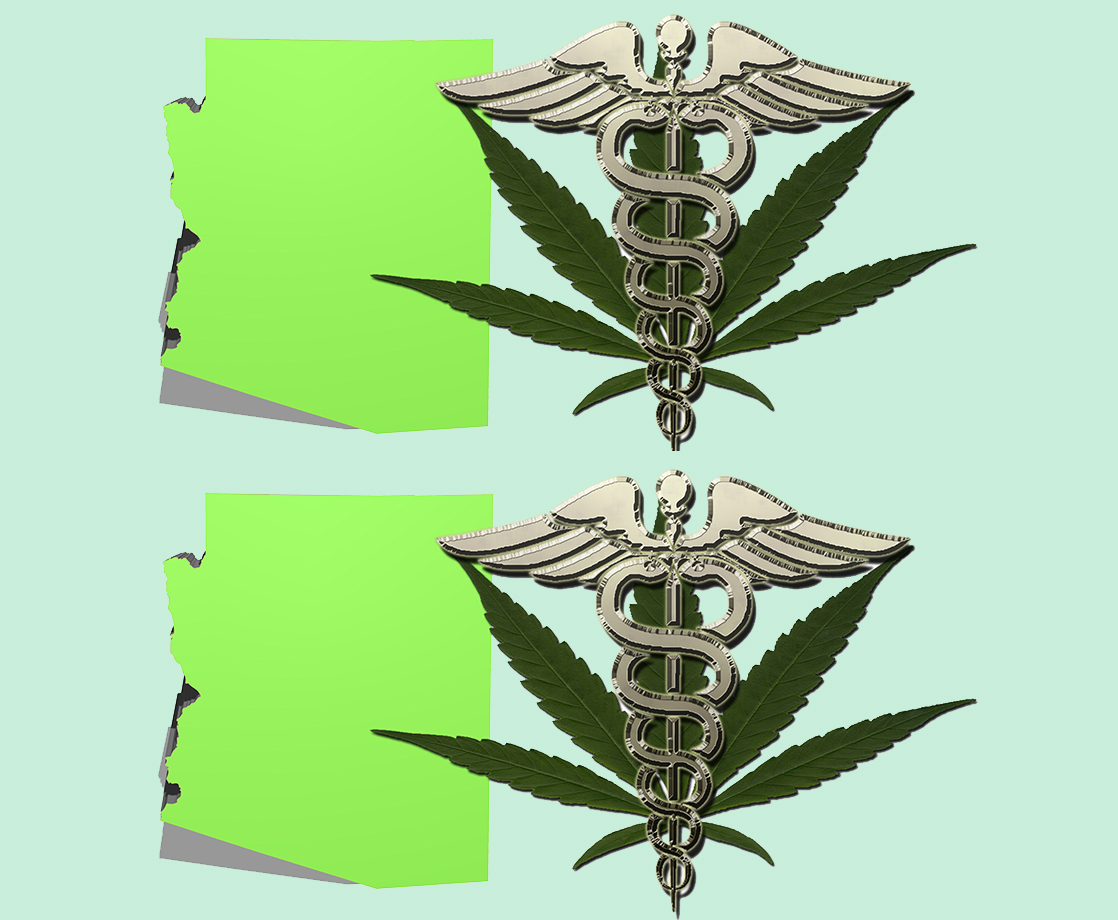Cover image via
Using CBD on a daily basis can reduce anxiety, depression, and emotional burnout, according to a new study published in the Journal of the American Medical Association.
Researchers from the University of São Paulo in Brazil conducted this new research to determine if CBD could help frontline healthcare workers cope with the extreme stress and exhaustion brought on by the pandemic. For the study, investigators recruited 120 physicians, nurses, and physical therapists who were working directly with COVID patients at a hospital in São Paulo, a city hit especially hard by the pandemic.
“Several surveys have reported pandemic-related increases in emotional distress, depression, anxiety, post-traumatic stress disorder (PTSD), and insomnia, particularly among frontline health care workers,” the study authors explained. “The usual pharmacological treatments for these conditions (antidepressant, anxiolytic, and hypnotic medications) often require several weeks to be effective and can produce substantial adverse effects (AEs). Safer and more effective drugs to treat the symptoms of emotional exhaustion and burnout are needed, especially during the current COVID-19 pandemic.”
The subjects were randomly assigned to one of two groups. In the experimental group, 61 subjects received 300mg of CBD oil every day for 28 days in addition to standard care, including low-impact physical exercise, motivational videos, and weekly consultations with a psychiatrist. The control group received the same standard care, but not the CBD. Researchers assessed each subject once a week during the study period, asking them to complete surveys rating their emotional health.
The researchers discovered that the combination of CBD and standard care proved to effectively help reduce emotional exhaustion, anxiety, and depression. Healthcare workers in the CBD group were also less likely to be diagnosed with professional burnout syndrome than those who received standard care alone. For the majority of the subjects, daily CBD use did not cause any adverse reactions, but researchers asked five subjects to drop out of the study after they tested positive for elevated liver enzymes.
“Daily administration of CBD, 300 mg, combined with standard care reduced the symptoms and diagnoses of anxiety, depression, and emotional exhaustion among frontline health care professionals working with patients with COVID-19,” the study authors concluded. “Cannabidiol may act as an effective agent for the reduction of burnout symptoms among a population with important mental health needs worldwide. However, it is necessary to balance the benefits with potential adverse and undesired effects when making decisions regarding the use of this compound.”
The present study only explores the effects of CBD on healthcare workers, but people from all walks of life have already discovered the healing powers of this remarkable cannabinoid. In the UK, where CBD products are fully regulated and legal, sales of cannabis wellness products are booming. A recent report by the Association for the Cannabinoid Industry (ACI) and the Centre for Medicinal Cannabis (CMC) predicts that the British CBD industry will generate £690 million (over $940 million) in sales by the end of this year.
“The pandemic increased CBD demand because there obviously were stress, sleep problems, anxiety, these kind of risks,” ACI co-founder Steve Moore told French news agency AFP. ACI has concluded that the UK currently has the world’s most advanced regulatory framework for CBD products, kicking off a “quiet cannabis revolution” that has made Britain “the world’s second largest consumer cannabinoids market.”
The crown for the largest CBD market goes to the US, even though the Food and Drug Administration (FDA) hasn’t even gotten around to regulating CBD products. A recent report by Grand View Research predicts that the US CBD industry will rake in $3.5 billion by the end of this year, nearly four times as much as the UK market. This massive revenue is expected to grow even further throughout the decade, eventually topping $13 billion a year by 2028.











